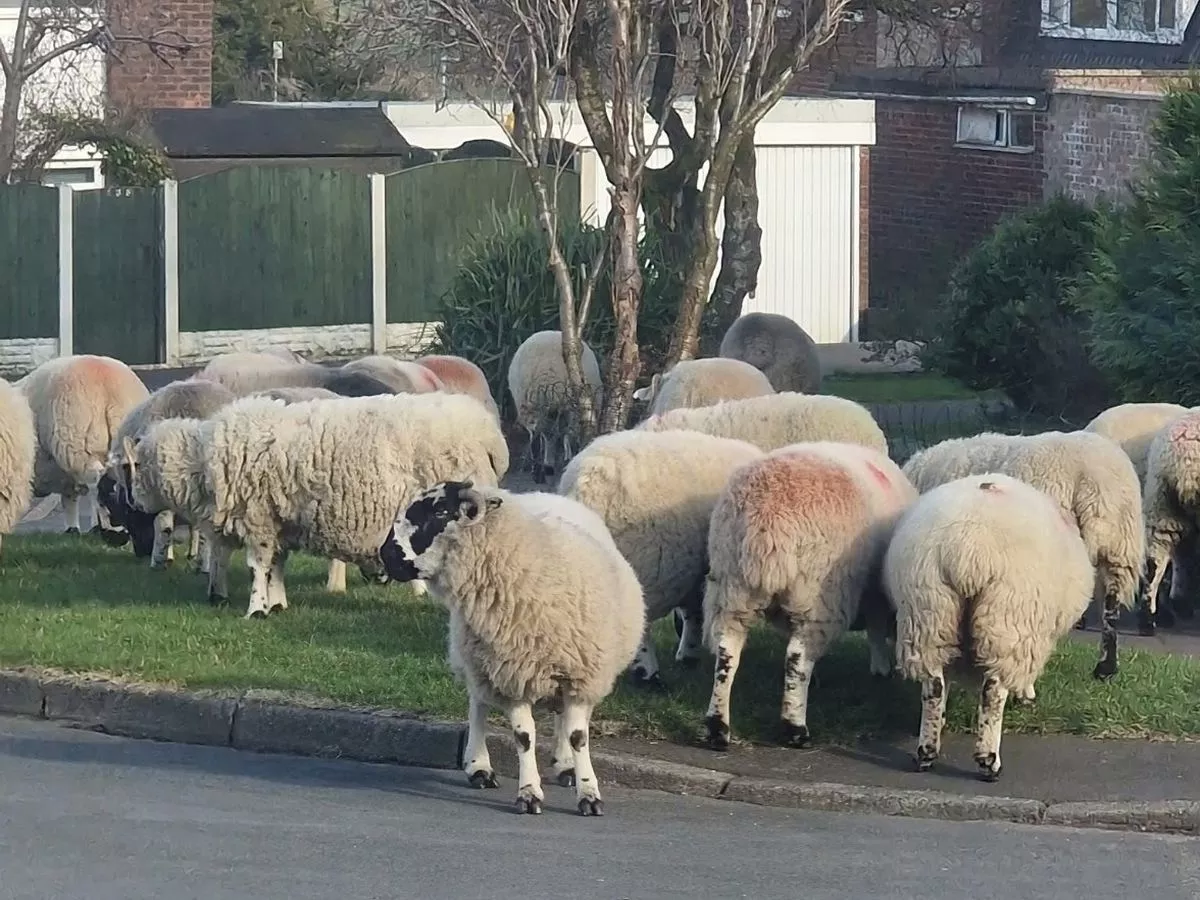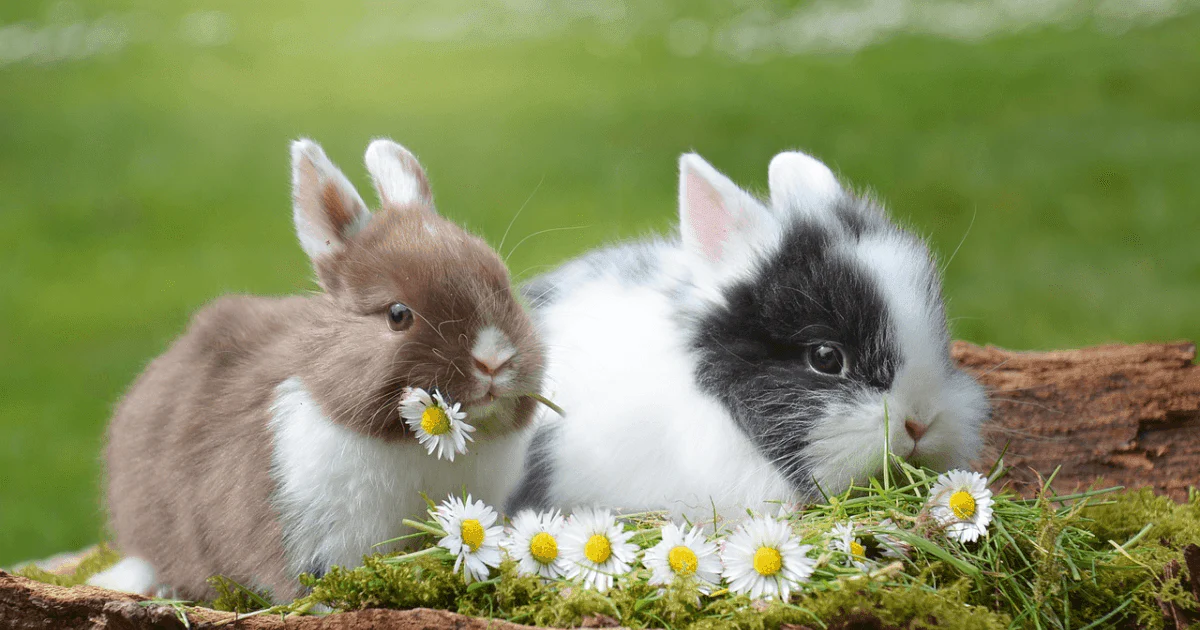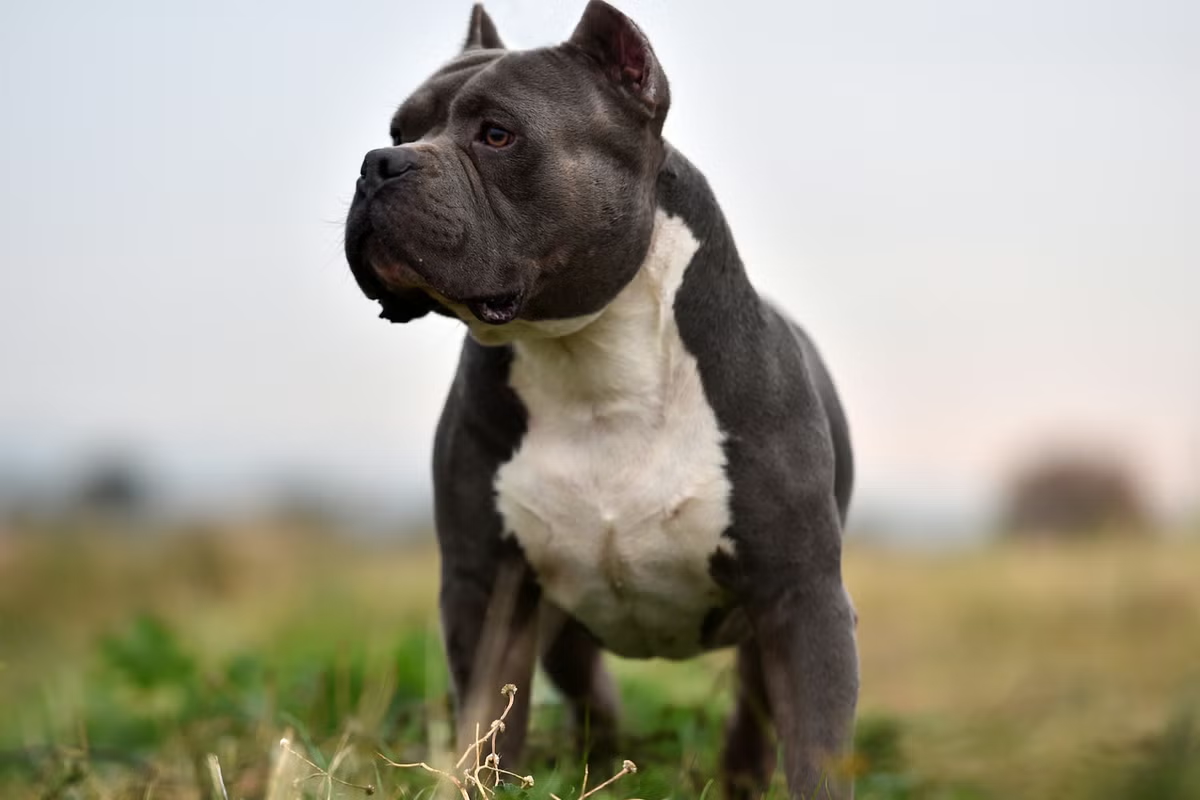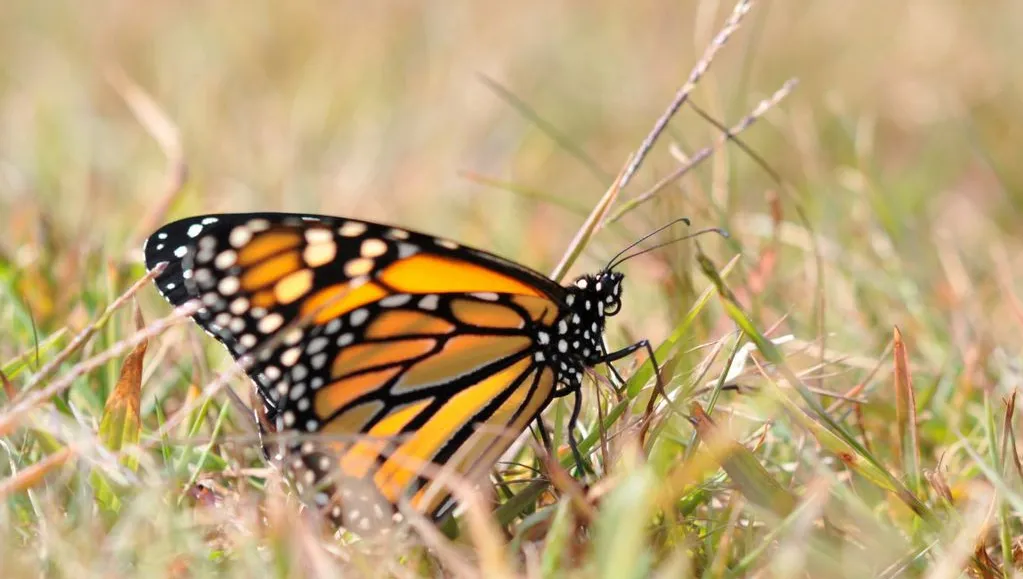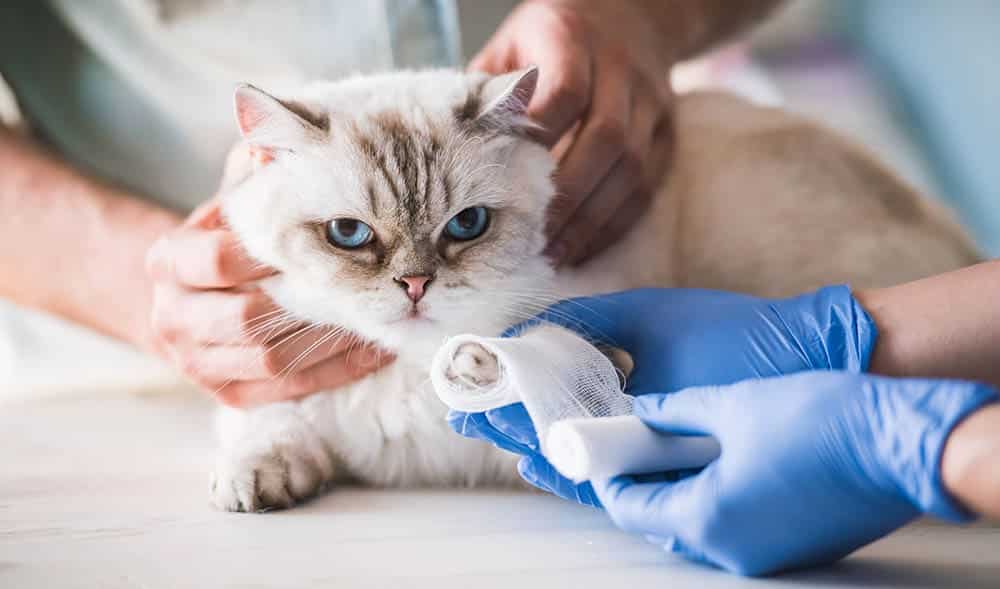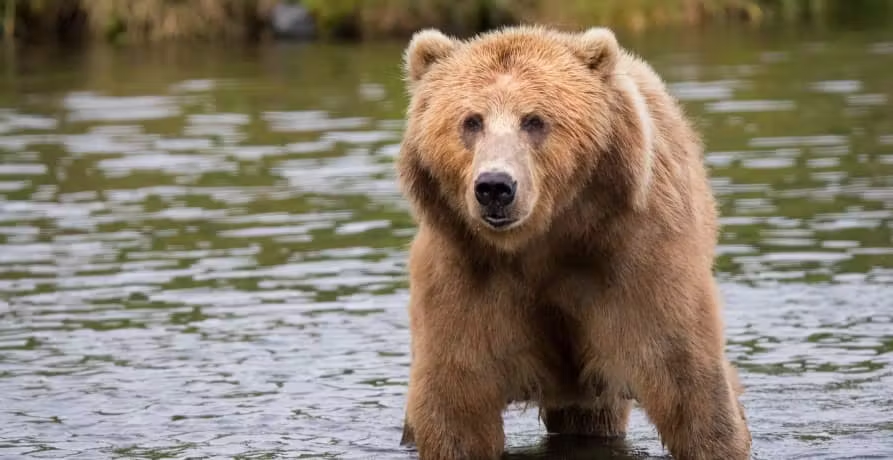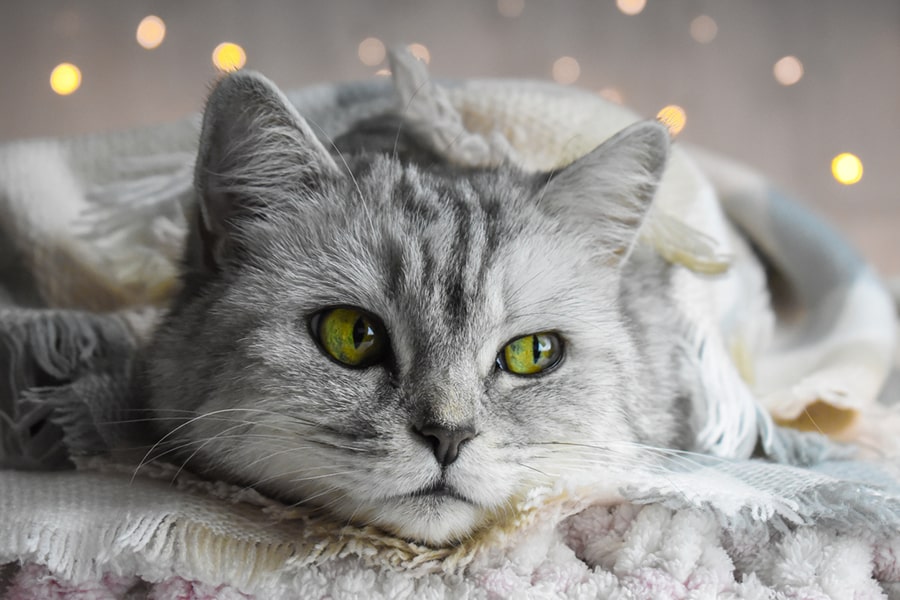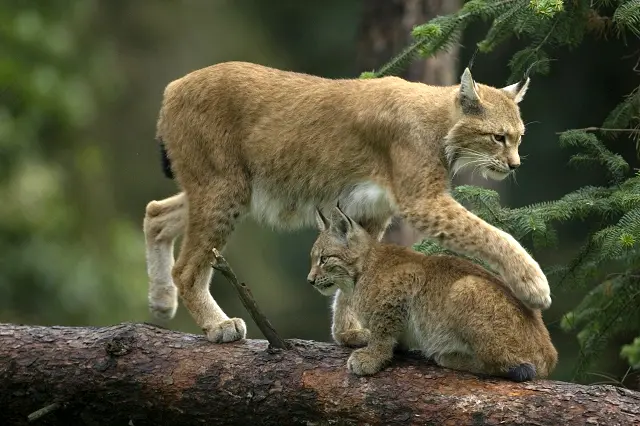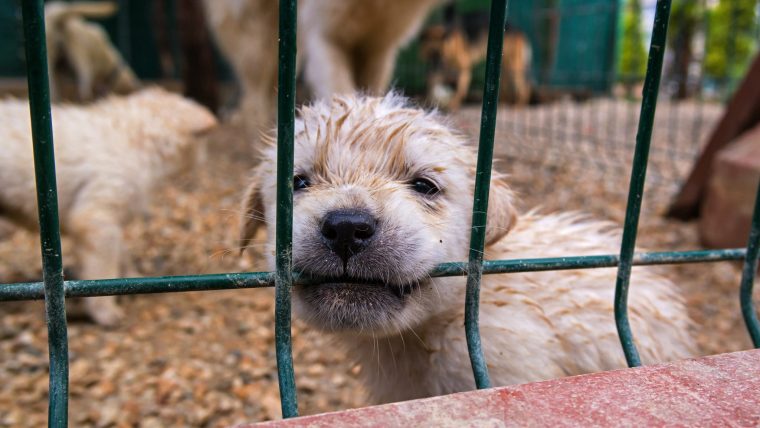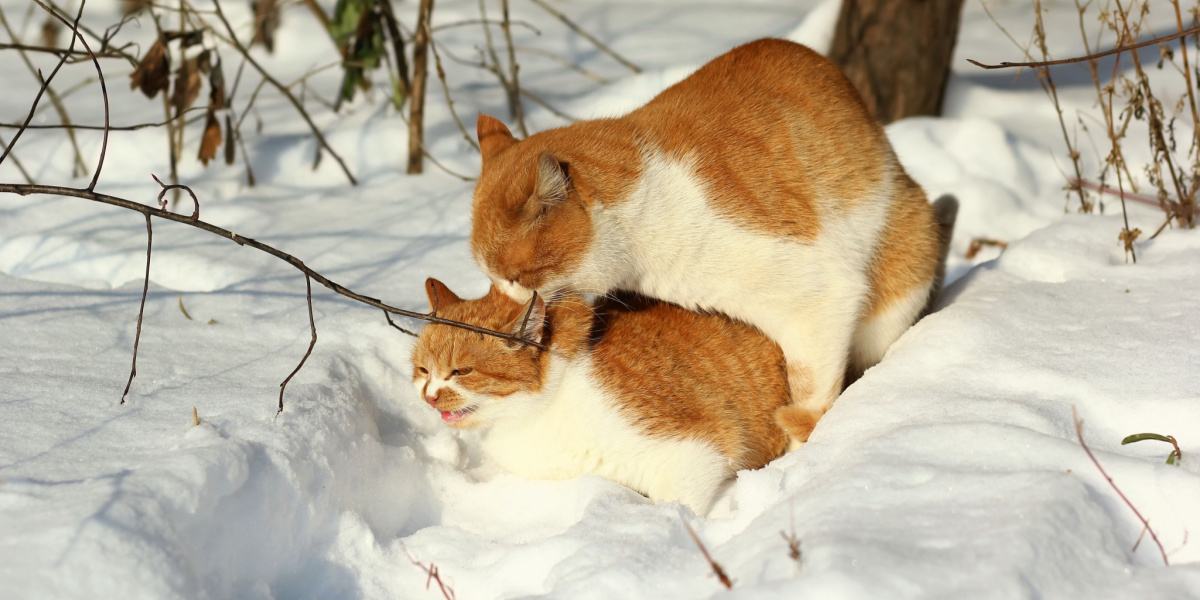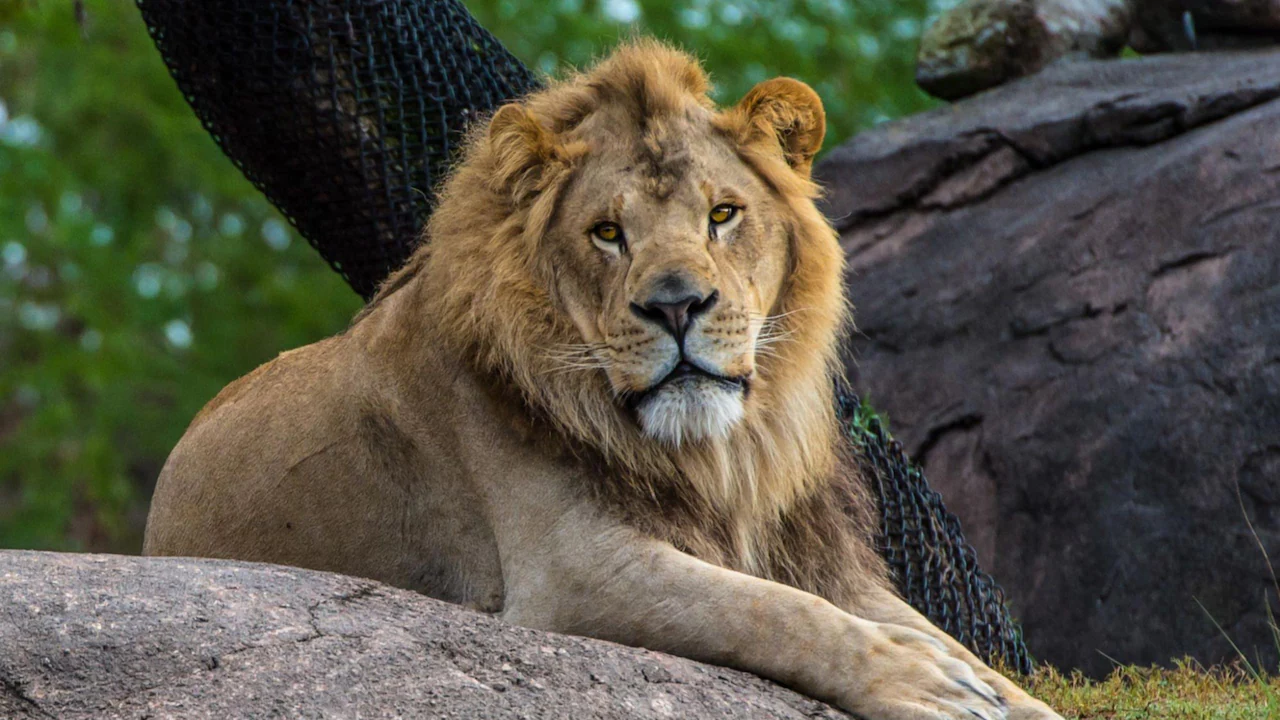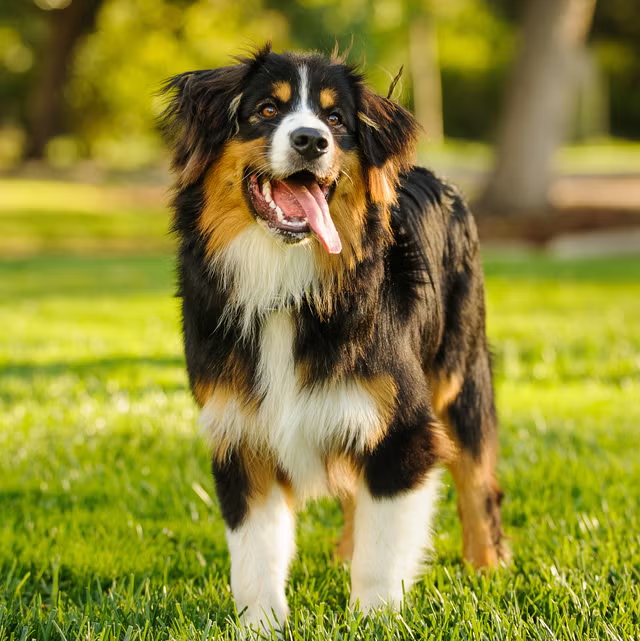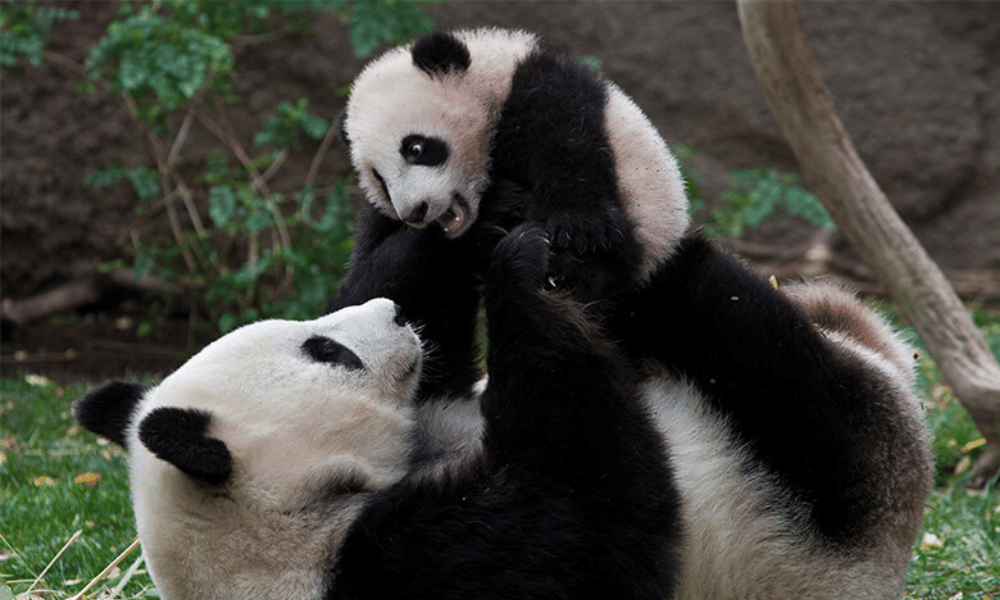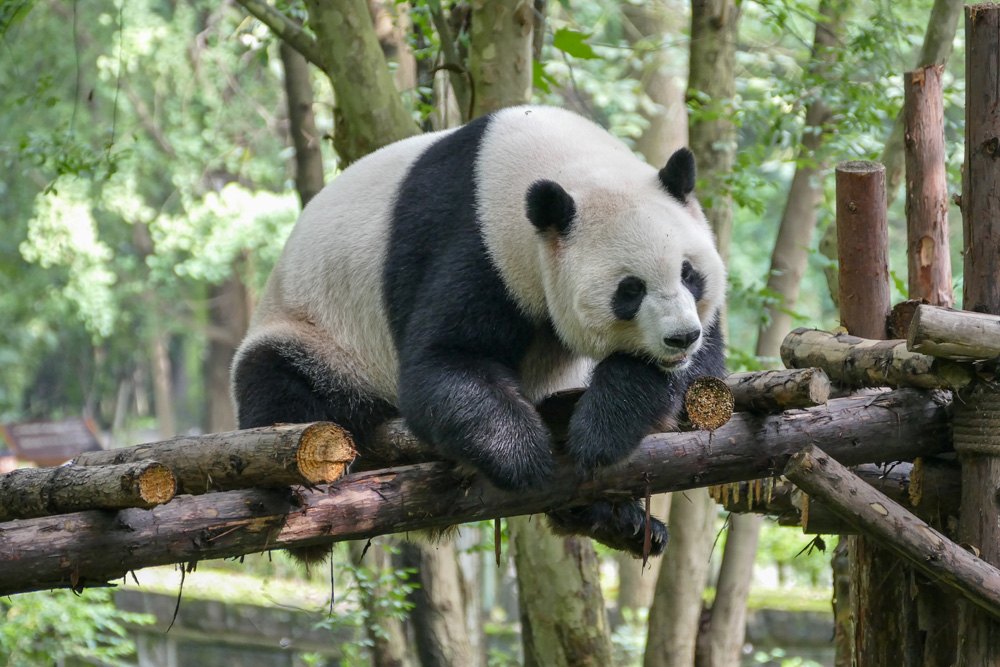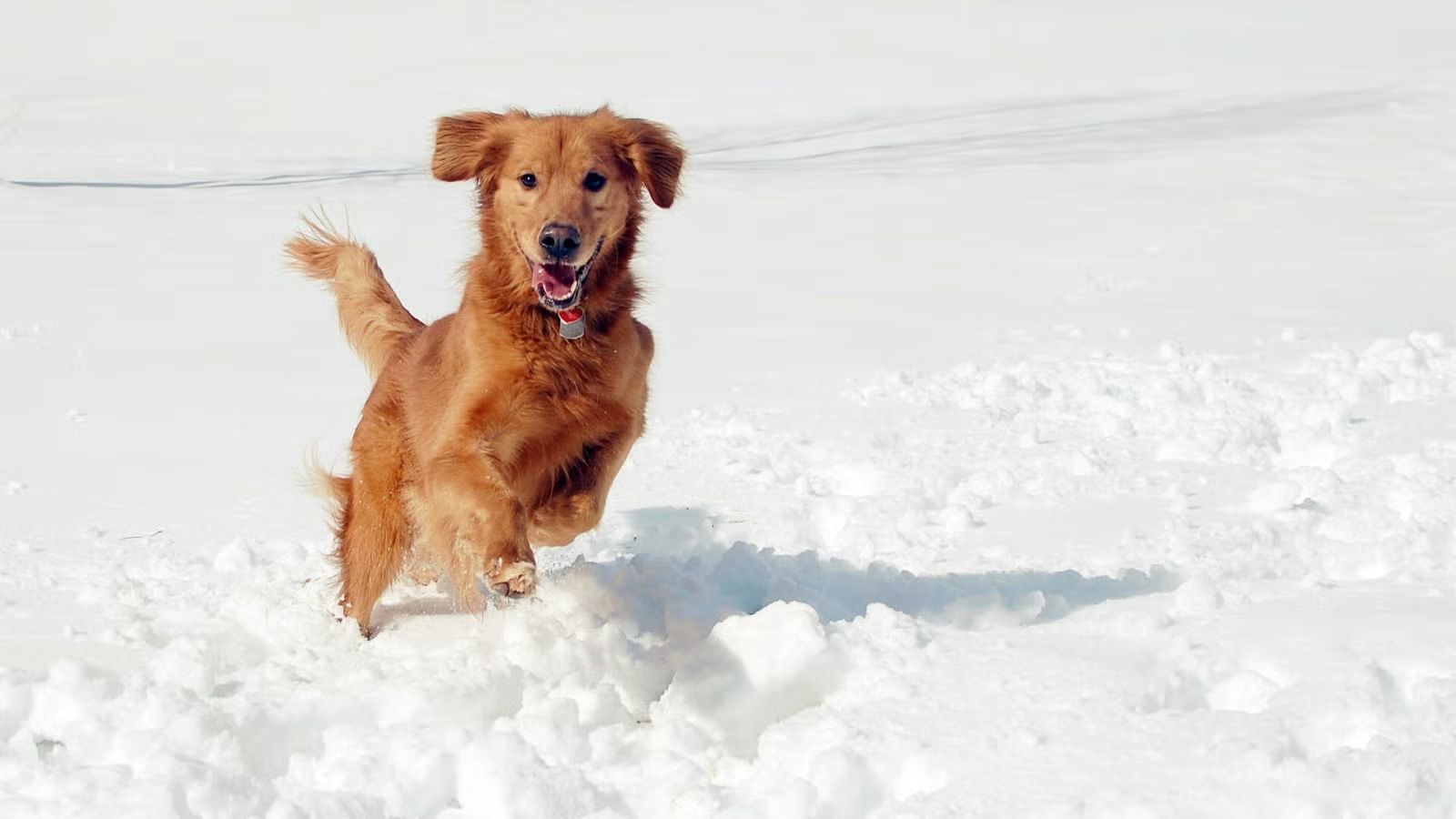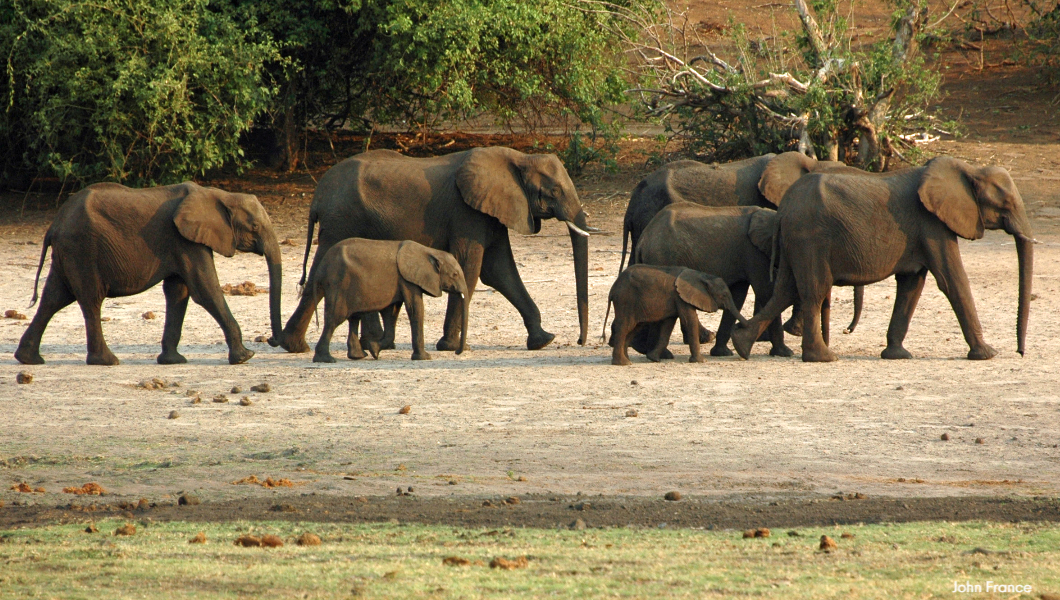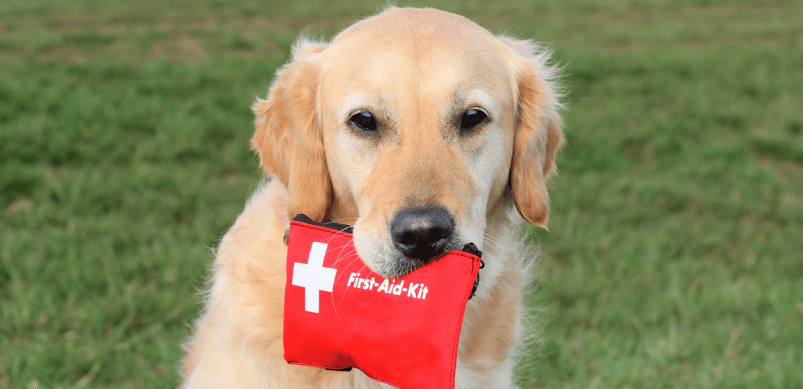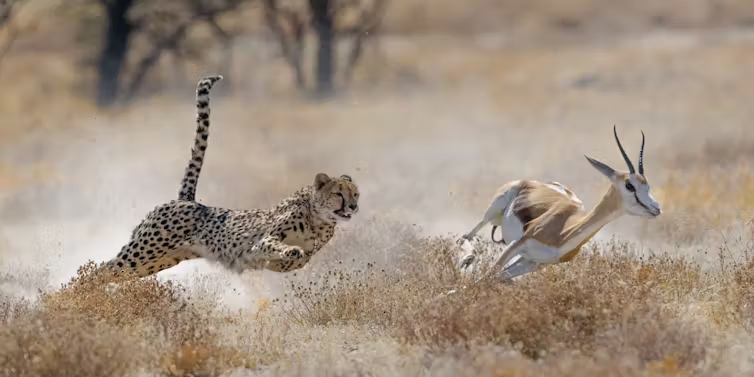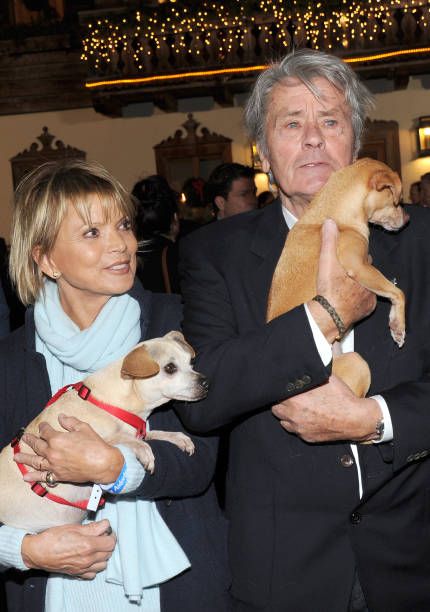The Sark Sheep Race Controversy
In the quaint Channel Island of Sark, a quirky tradition known as the annual sheep race has sparked heated debate, with some calling efforts to end it “urban wokery gone mad.” The phrase, coined by a local resident, reflects frustration over external pressures—particularly from animal rights group PETA—challenging a beloved community event. This article explores the clash between tradition and modern sensibilities, diving into the history, arguments, and cultural significance of the sheep race while weaving in personal anecdotes and practical insights for readers curious about this peculiar controversy.
What Are the Sark Sheep Races?
The Sark sheep races, part of the island’s annual carnival, are a lighthearted tradition where sheep, adorned with knitted jockeys, race down a short course to the delight of locals and visitors. Held on the car-free island, the event raises funds for community projects and draws tourists to its idyllic shores. It’s a slice of rural charm that’s been cherished for years, embodying Sark’s unique character.
Origins of the Sheep Race
The races began as a playful fundraiser, rooted in Sark’s agricultural heritage. Locals would gather, bet good-naturedly, and cheer as sheep scampered to the finish line, often with comical results. The event’s simplicity and whimsy made it a highlight of the island’s social calendar.
Why It’s Loved by Locals
For Sark’s 500 residents, the sheep race is more than entertainment—it’s a symbol of community spirit. My friend Sarah, who visited Sark last summer, described the event as “like a village fete on steroids,” with laughter and camaraderie filling the air. It’s a moment where islanders unite, celebrating their way of life.
PETA’s Call to End the Sheep Races
In 2025, PETA sent a letter to the Sark Carnival Committee, urging the replacement of sheep with “willing human participants” to align with modern ethical standards. The group argued that using animals for entertainment is outdated and potentially harmful, igniting a firestorm of debate.
PETA’s Ethical Arguments
PETA claims the races exploit animals, citing stress from crowds and unnatural activity. They advocate for humane alternatives, like human-led races, to preserve the event’s spirit without involving animals. Their stance reflects broader concerns about animal welfare in public events.
Local Response: ‘Urban Wokery Gone Mad’
A Sark resident’s retort, labeling PETA’s campaign as “urban wokery gone mad,” captures the islanders’ frustration. They argue the sheep are well-cared-for, the race is brief, and the event is harmless fun. To locals, it feels like outsiders imposing urban values on a rural tradition.
Pros and Cons of the Sheep Race
| Pros | Cons |
|---|---|
| Raises funds for community projects | Potential stress for animals |
| Boosts local tourism and economy | Ethical concerns from animal rights groups |
| Preserves cultural heritage | Risk of negative publicity |
The Cultural Significance of Rural Traditions
Rural traditions like the Sark sheep races are more than quirky events—they’re lifelines for small communities. They foster connection, preserve history, and attract visitors, keeping places like Sark vibrant in a modern world that often overlooks rural life.
Why Traditions Matter
Traditions anchor communities, offering a sense of identity and continuity. For Sark, the sheep race is a nod to its farming roots, a reminder of simpler times. When I attended a similar event in rural Wales, the pride locals took in their quirky customs was palpable.
The Threat of External Criticism
External campaigns, like PETA’s, can feel like an attack on cultural identity. Locals argue that critics, often unfamiliar with rural life, fail to grasp the context. The “urban wokery” label reflects a broader tension between city-driven activism and rural realities.
Animal Welfare: A Balanced Perspective
Animal welfare is at the heart of this debate, and both sides have valid points. While PETA highlights ethical concerns, locals insist the sheep are treated with care. Understanding the reality of the races is key to forming an informed opinion.
Are the Sheep Harmed?
Veterinary reports suggest the sheep face minimal stress during the races. They’re not forced to run long distances, and handlers ensure their safety. A local farmer I spoke with emphasized that the sheep are pampered, with regular health checks and no record of injury.
Alternatives to Animal-Based Events
PETA’s suggestion of human participants isn’t new—some festivals have swapped animals for people in similar events. For example, a village in Devon replaced donkey races with human relays, maintaining the fun while addressing ethical concerns. Could Sark do the same?
Comparison: Animal vs. Human Races
| Feature | Animal-Based Race | Human-Based Race |
|---|---|---|
| Ethical Concerns | Moderate to high | Low |
| Entertainment Value | High (novelty) | Moderate (less unique) |
| Community Engagement | Strong | Strong |
| Cost to Organize | Moderate | Low |
The Role of ‘Urban Wokery’ in the Debate
The term “urban wokery” has become a lightning rod, used to critique perceived overreach by urban activists into rural affairs. But what does it mean, and why does it resonate so strongly in this context?
Defining ‘Urban Wokery’
“Urban wokery” refers to progressive ideals, often urban-driven, that critics see as out of touch with rural realities. In Sark, it’s the sense that PETA’s campaign ignores the island’s unique context, imposing a one-size-fits-all moral framework.
Why It Sparks Backlash
The backlash stems from a feeling of cultural disconnect. Rural communities often feel misunderstood by urban advocates, who may not appreciate the nuances of their traditions. My cousin, a farmer, once grumbled about city folks “telling us how to live without ever stepping foot on a farm.”
Navigating Tradition vs. Modernity
The Sark sheep race debate is a microcosm of a larger struggle: balancing tradition with evolving ethical standards. How can communities preserve their heritage while addressing valid concerns about animal welfare?
Adapting Traditions Thoughtfully
Some communities have modernized traditions without losing their essence. For instance, a Spanish festival replaced bull-running with human obstacle courses, keeping the thrill alive. Sark could explore hybrid events, like sheep parades alongside human races, to satisfy both sides.
Community-Led Solutions
Engaging locals in the decision-making process is key. A town hall meeting in Sark could allow residents to propose alternatives, ensuring changes reflect community values. When my local fair faced similar criticism over a pig race, a community vote led to a compromise everyone supported.
People Also Ask (PAA) Section
What are the Sark sheep races?
The Sark sheep races are an annual event on the Channel Island of Sark, where sheep race a short course during the island’s carnival. It’s a fundraiser and tourist draw, featuring sheep with knitted jockeys. Locals cherish it as a fun, community-driven tradition.
Why does PETA want to end the sheep races?
PETA argues that using animals for entertainment is unethical and may cause stress, even if minimal. They suggest replacing sheep with human participants to align with modern animal welfare standards. Their stance has sparked debate over cultural traditions.
What is ‘urban wokery’ in this context?
‘Urban wokery’ is a term used by a Sark resident to criticize PETA’s campaign as an urban-driven, overly progressive push that disregards rural traditions. It reflects tension between external activism and local customs, often seen as out-of-touch.
Are the sheep harmed in the races?
There’s no evidence of physical harm to the sheep, which run short distances under veterinary supervision. Local farmers insist the animals are well-cared-for, though PETA argues the event could cause stress. The debate hinges on differing views of animal welfare.
FAQ Section
Why are people upset about PETA’s campaign?
Locals feel PETA’s call to end the sheep races dismisses Sark’s cultural heritage and imposes urban values on a rural community. The “urban wokery” label reflects frustration with external criticism that seems disconnected from island life.
Can the sheep races continue ethically?
Yes, with adjustments like shorter courses, regular veterinary oversight, or hybrid events involving humans. For example, adding a human relay could reduce reliance on animals while preserving the event’s spirit, addressing ethical concerns.
Where can I learn more about Sark’s traditions?
Visit Sark’s official tourism site for details on the sheep races and other events. Local blogs or BBC News archives also cover Sark’s culture, offering insights into its unique heritage.
What are alternatives to animal-based races?
Human relays, obstacle courses, or themed parades can replicate the fun without ethical concerns. For instance, a Devon village successfully replaced donkey races with human sprints, maintaining community engagement and tourist appeal.
How can communities balance tradition and ethics?
Open dialogue, like town hall meetings, allows communities to propose solutions that respect both heritage and modern values. Compromises, such as reducing animal involvement or enhancing welfare measures, can bridge the gap.
Bringing It All Together
The Sark sheep race controversy, with its “urban wokery gone mad” rallying cry, highlights a universal tension: how to honor traditions while embracing ethical progress. For Sark’s residents, the races are a cherished piece of their identity, a joyful nod to their farming roots that brings the community together. Yet PETA’s concerns about animal welfare aren’t baseless, reflecting a growing awareness of ethical entertainment. By exploring compromises—like hybrid events or enhanced welfare measures—Sark can preserve its cultural heartbeat while addressing modern sensibilities. My own experience at rural festivals taught me that change doesn’t have to mean loss; it can mean evolution. The path forward lies in dialogue, respect, and a willingness to adapt, ensuring traditions like the sheep races remain a source of joy for generations to come.
Where to Learn More About Sark
- Sark Tourism: Official site for events and travel info.
- BBC News Guernsey: Covers local stories, including the sheep race debate.
- Channel Islands Internet: Local news and updates on Sark’s culture.
Best Tools for Community Event Planning
- Eventbrite: Organize and promote community events like carnivals.
- SurveyMonkey: Gather resident input on tradition changes.
- Canva: Create posters for hybrid events or fundraisers.
- VetApproved: Source veterinary oversight for animal-based events.
By fostering open conversations and creative solutions, Sark can navigate this debate with grace, proving that tradition and progress can coexist harmoniously.
